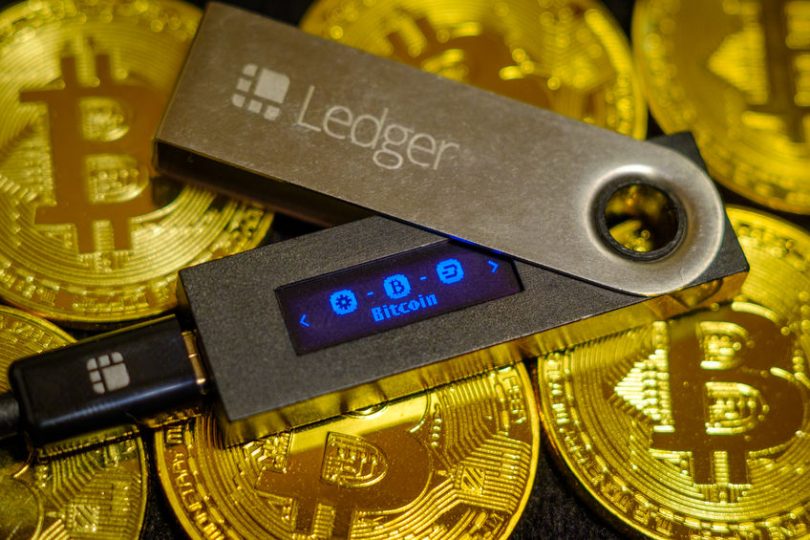In the world of cryptocurrencies, a crypto wallet is an essential tool for managing and securing your digital assets. Whether you’re trading Bitcoin, Ethereum, or any other cryptocurrency, having a secure crypto wallet ensures that your funds are protected. But what exactly is a Ledger wallet, and how does it work? In this article, we’ll explore the different types of crypto wallets, how they function, and why they are vital for anyone involved in the crypto space.
What is a Crypto Wallet?
A crypto wallet is a software or hardware-based application that allows users to store, send, and receive cryptocurrencies. Just like a traditional wallet stores cash, a crypto wallet stores the private keys necessary to access and manage digital assets on the blockchain. Unlike physical money, cryptocurrencies exist only in the form of cryptographic data, so the private keys in a crypto wallet are required to access your funds on the blockchain.
There are two main types of crypto wallets: hot wallets and cold wallets.
Hot Wallets
Hot wallets are connected to the internet, making them highly convenient for frequent transactions and easy access to your crypto funds. These wallets are typically used by individuals who regularly trade or use their cryptocurrency for payments or investments. Since hot wallets are always online, they are more susceptible to hacking and other security threats, but they offer fast access and user-friendly features.
Examples of hot wallets include:
- Web wallets: These are accessed through a web browser, making them easy to use on any device.
- Mobile wallets: Apps that can be downloaded on your smartphone, providing convenience for on-the-go transactions.
- Desktop wallets: Software installed on a computer, offering a balance between security and accessibility.
While hot wallets are convenient, they require strong security measures like two-factor authentication (2FA) and regular backups to protect your assets from potential breaches.
Cold Wallets
Cold wallets, on the other hand, are offline and not connected to the internet. These wallets are ideal for long-term storage of cryptocurrencies, as they provide an extra layer of protection against online threats. Since cold wallets are not exposed to the internet, they are considered to be much safer for storing large amounts of crypto or assets that are not intended for frequent use.
Examples of cold wallets include:
- Hardware wallets: These are physical devices, such as USB sticks, that store private keys offline. To access your crypto, you must physically connect the hardware wallet to a computer or mobile device.
- Paper wallets: A paper wallet is a physical printout of your public and private keys. This is a very secure form of cold storage since it doesn’t involve any digital technology, but it’s important to keep the paper safe from damage or theft.
Cold wallets are less convenient than hot wallets because they require additional steps to access your funds, but they provide a high level of security for long-term storage.
Private Keys and Public Keys
A fundamental concept behind crypto wallets is the use of private keys and public keys. The public key is like your bank account number—it’s what you share with others to receive cryptocurrency. The private key, on the other hand, is like your PIN or password—it allows you to access and control the cryptocurrency associated with your public key.
It is crucial to keep your private key safe and secure. If someone gains access to your private key, they can potentially steal your cryptocurrency. This is why it is recommended to back up your private key in multiple secure locations, such as on a hardware wallet or encrypted storage.
How to Choose the Right Crypto Wallet?
Choosing the right crypto wallet depends on several factors, including your level of experience, how frequently you plan to use cryptocurrency, and your security needs. Here are a few things to consider when selecting a wallet:
- Security: Does the wallet offer robust security features like 2FA, encryption, or backup options? Always prioritize security, especially if you’re storing significant amounts of crypto.
- Ease of use: Is the wallet user-friendly? A wallet with an intuitive interface is essential for beginners.
- Platform compatibility: Does the wallet support the cryptocurrency you wish to store? Ensure the wallet is compatible with the digital assets you’re using.
- Backup and recovery options: What happens if you lose access to your wallet? Look for wallets that offer easy recovery options, such as seed phrases or backup keys.
